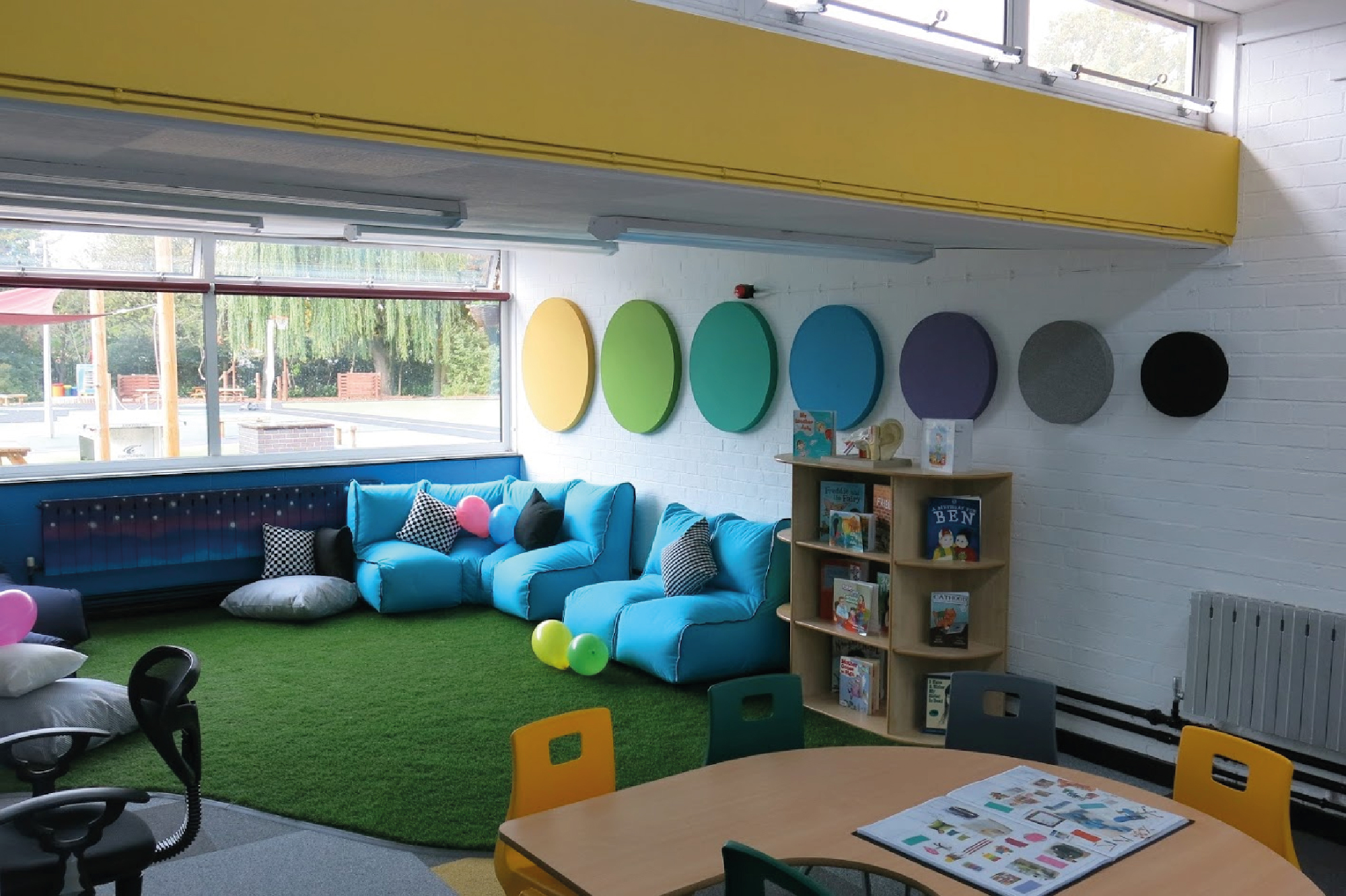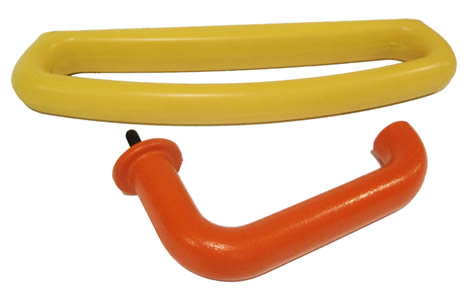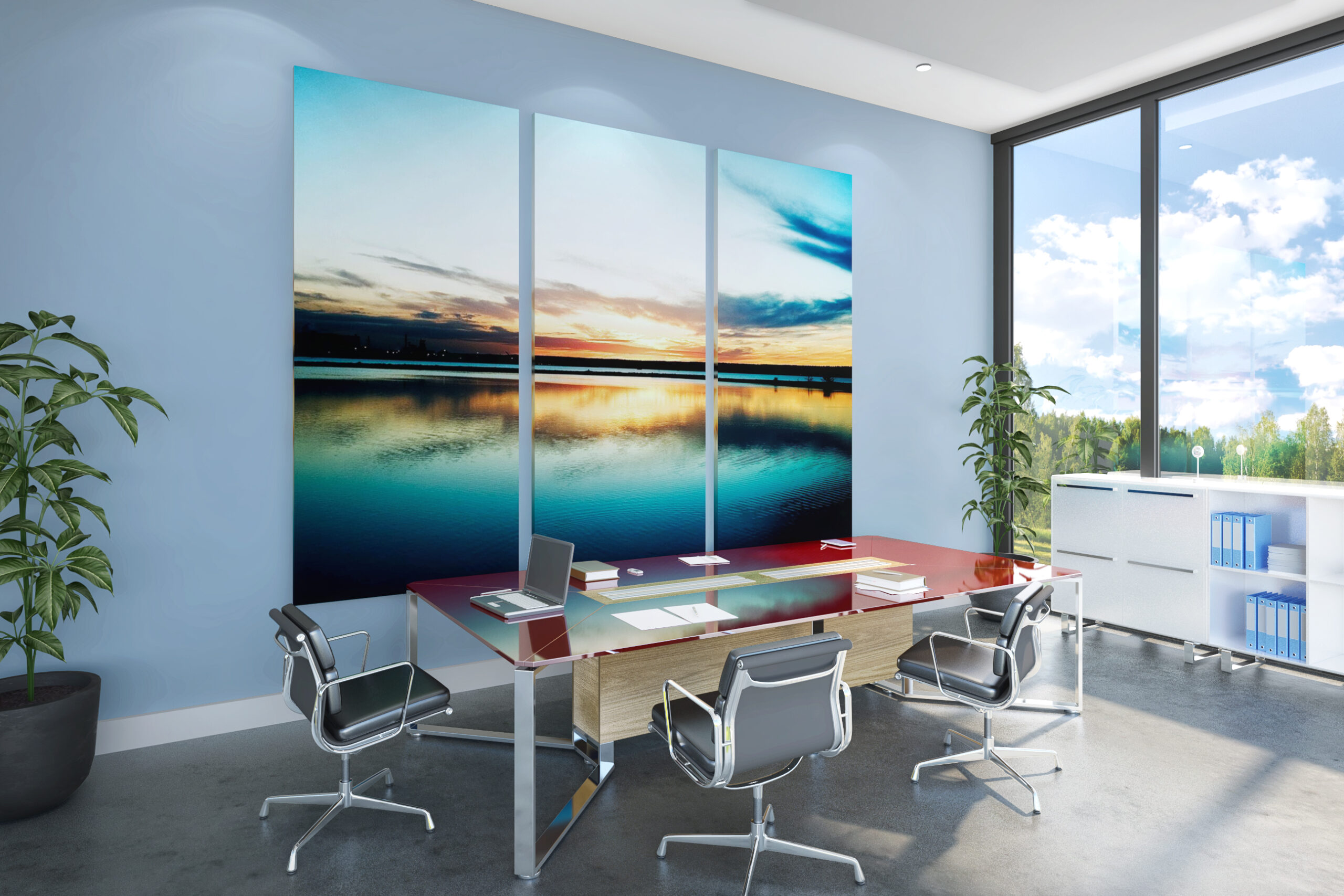Introduction to Aluminum Boats
Ahoy, fellow boat enthusiasts! If you’re setting sail on the exciting journey of building your own aluminum boat, you’ve come to the right place. Aluminum boats are known for their durability, versatility, and light weight – making them a popular choice among DIY builders. However, even the most seasoned boat builders can run into challenges when it comes to creating accurate plans for their aluminum vessel. In this blog post, we’ll explore some of the most common mistakes in aluminum boat plans and provide valuable tips on how to avoid them. So grab your tools and let’s dive in!
Importance of Accurate Plans
When it comes to building an aluminum boat, having accurate plans is crucial. These plans serve as the blueprint for your project, guiding you through each step of the construction process. Without precise measurements and dimensions, you may end up with a vessel that doesn’t meet your expectations or requirements.
Accurate plans ensure that your boat will have the correct weight capacity to safely carry you and your passengers. By underestimating this factor, you risk compromising the safety and performance of your watercraft.
Additionally, neglecting structural support in your plans can lead to weak spots or instability in the boat’s frame. Proper reinforcement is essential to guaranteeing durability and longevity for your aluminum vessel.
Choosing the right type of aluminum boat plans is also key to a successful build. Different alloys offer varying levels of strength, corrosion resistance, and weldability – factors that should be considered carefully when selecting materials for your project.
Common Mistakes in Aluminum Boat Plans
Aluminum boats are a popular choice for boaters due to their durability and versatility. However, when it comes to building one, there are common mistakes that can easily be made if proper planning is not done.
One of the most common mistakes in aluminum boat plans is underestimating the weight capacity. It’s crucial to accurately calculate how much weight your boat can safely carry to avoid potential accidents on the water.
Inaccurate measurements and dimensions can also lead to structural issues in your boat. Taking precise measurements and double-checking them before cutting any materials is vital for a successful build.
Neglecting structural support is another mistake often seen in aluminum boat plans. Proper reinforcement and bracing are essential to ensure your boat can withstand rough waters without bending or buckling.
Choosing the wrong type of aluminum can also impact the overall strength and longevity of your boat. Make sure you select an appropriate grade of aluminum that suits the intended use of your vessel.
A. Underestimating the Weight Capacity
When it comes to designing aluminum boat plans, one crucial mistake that many DIY builders make is underestimating the weight capacity of the vessel. It’s essential to consider not only the weight of the boat itself but also factors like fuel, equipment, and passengers.
Failing to accurately calculate the weight capacity can lead to safety issues and even structural damage. A boat that exceeds its weight limit may sit too low in the water, compromising stability and increasing the risk of capsizing.
To avoid this common mistake, take into account all potential loads that your boat will carry during operation. Consider everything from fishing gear to additional passengers when determining the maximum weight capacity for your aluminum boat.
By ensuring that you accurately assess and plan for the weight capacity of your vessel in advance, you’ll be able to enjoy a safe and stable boating experience without any unexpected surprises along the way.
B. Inaccurate Measurements and Dimensions
Accurate measurements and dimensions are crucial when it comes to designing aluminum boat plans. One of the most common mistakes that DIY boat builders make is underestimating the importance of precise measurements. Even a small error in measurement can lead to structural issues or an imbalanced boat.
Inaccurate dimensions can result in parts not fitting together properly, leading to gaps or weak spots in the structure. This can compromise the safety and integrity of the boat, putting both passengers and the vessel at risk.
To avoid this mistake, take your time when measuring components for your aluminum boat plans. Double-check all dimensions before cutting any materials to ensure everything fits together seamlessly during construction. Investing time upfront in accurate measurements will save you from headaches later on in the building process.
C. Neglecting Structural Support
Neglecting structural support in aluminum boat plans can lead to serious safety issues on the water. Many DIY builders may overlook the importance of properly reinforcing key areas of the boat, such as the hull and joints. This mistake can result in a weak structure that is vulnerable to damage and potential accidents.
To ensure your aluminum boat is sturdy and durable, it’s crucial to prioritize structural support during the planning and construction phases. Consider consulting with experts or referencing professional plans to get guidance on where additional reinforcement is needed.
Neglecting this aspect of boat building could compromise not only the integrity of your vessel but also put yourself and others at risk when out on the water. Take the time to thoroughly assess and address any structural support requirements in your aluminum boat plans for a safer boating experience overall.
D. Choosing the Wrong Type of Aluminum
Choosing the wrong type of aluminum for your boat can lead to a range of issues that could affect its performance and durability. One common mistake is selecting aluminum that is too soft or weak, leading to structural integrity problems down the line.
Aluminum alloys vary in strength, corrosion resistance, and weldability, so it’s crucial to research and select the right one for your specific needs. Using an alloy that isn’t suitable for marine environments can result in premature deterioration and costly repairs.
Additionally, some types of aluminum may be harder to work with during construction, causing delays and frustrations. It’s essential to consider not only the initial cost but also long-term maintenance requirements when choosing the aluminum for your boat plans.
By ensuring you choose the correct type of aluminum based on factors like strength, corrosion resistance, and ease of fabrication, you can avoid potential headaches and ensure your boat remains seaworthy for years to come.
Tips for Avoiding These Mistakes
To avoid common mistakes in aluminum boat plans, it’s essential to pay attention to details. Always double-check weight capacity requirements before starting your project. It’s crucial to ensure that the boat can safely carry the intended load without compromising its structural integrity.
Accuracy is key when it comes to measurements and dimensions. Make sure to measure twice and cut once to prevent costly errors down the line. Precision is paramount in creating a sturdy and functional aluminum boat.
Additionally, never underestimate the importance of proper structural support in your design. Neglecting this aspect can lead to weak points in the boat’s framework, affecting its overall performance on water.
Choosing the right type of aluminum for your boat construction is vital. Consider factors such as strength, corrosion resistance, and welding capabilities when selecting materials for your project. By following these tips diligently, you can steer clear of common pitfalls in aluminum boat planning and enjoy a successful build process.
Benefits of Using Professional Plans
When it comes to building an aluminum boat, utilizing professional plans can make a world of difference in the outcome of your project. Professional plans are meticulously designed by experts who understand the complexities of working with aluminum and crafting seaworthy vessels.
One key benefit of using professional plans is the assurance of accuracy. These plans have been carefully drafted to ensure precise measurements, dimensions, and structural support for your boat. This helps to avoid costly mistakes that could compromise the safety and functionality of your vessel.
Additionally, professional plans often come with detailed instructions and diagrams that guide you through each step of the construction process. This can be especially helpful for beginners or those new to boat building, as it provides a roadmap for success.
Another advantage of professional plans is access to expert advice and support. Should you encounter any challenges or have questions during the build, many plan providers offer customer service to assist you along the way.
By investing in professional plans for your aluminum boat project, you can save time, reduce stress, and ultimately achieve a high-quality result that meets your expectations.
Conclusion
In the world of aluminum boat building, having accurate plans is crucial for a successful project. By avoiding common mistakes such as underestimating weight capacity, inaccurate measurements, neglecting structural support, and choosing the wrong type of aluminum, you can ensure your boat turns out just as you envisioned.
Remember that investing in professional plans can save you time, money, and frustration in the long run. With expert guidance and precise instructions, you can confidently tackle your aluminum boat project with ease.
So whether you’re a seasoned builder or a novice enthusiast embarking on your first build, taking the time to get your aluminum boat plans right from the start will set you up for smooth sailing ahead. Happy building!…



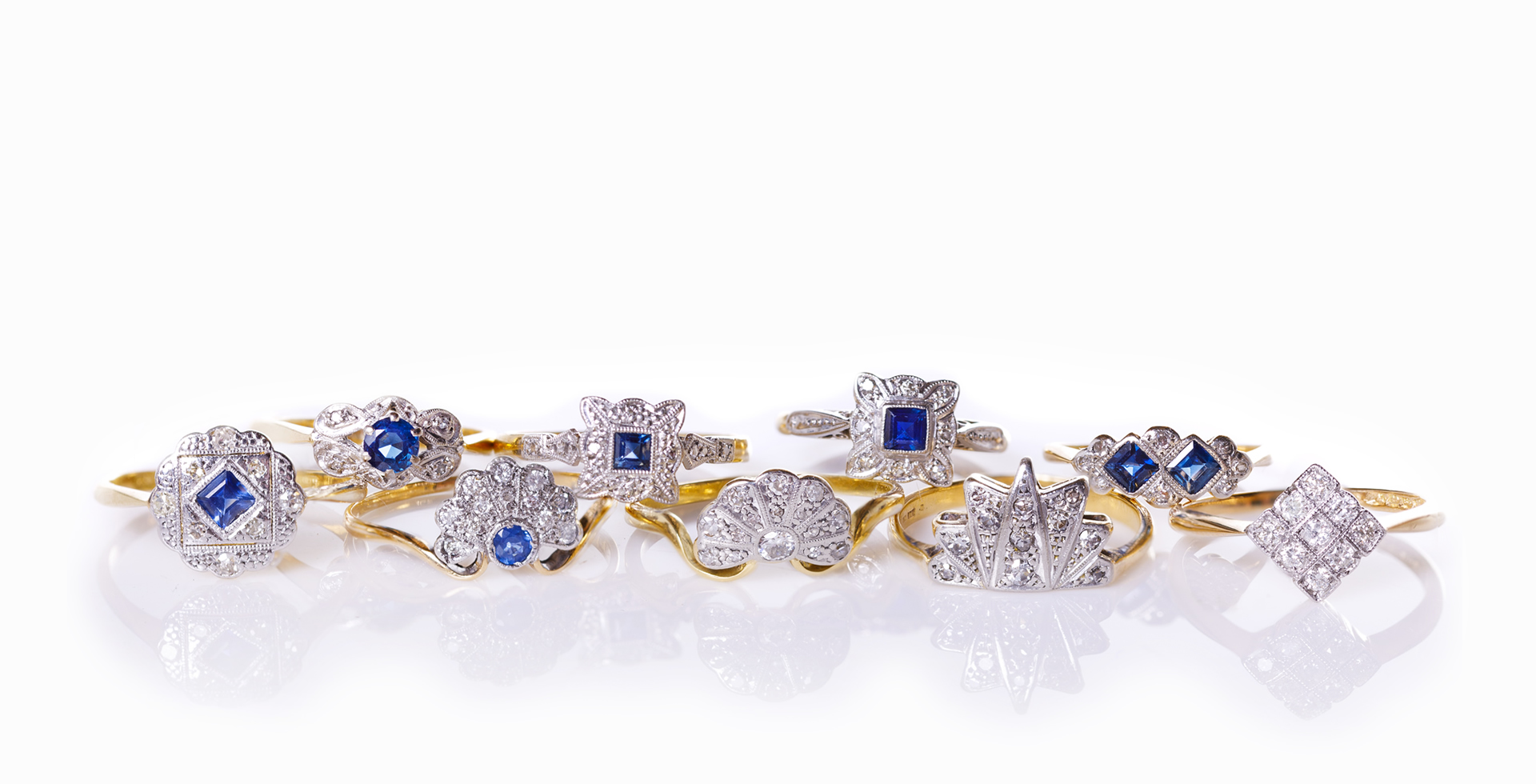


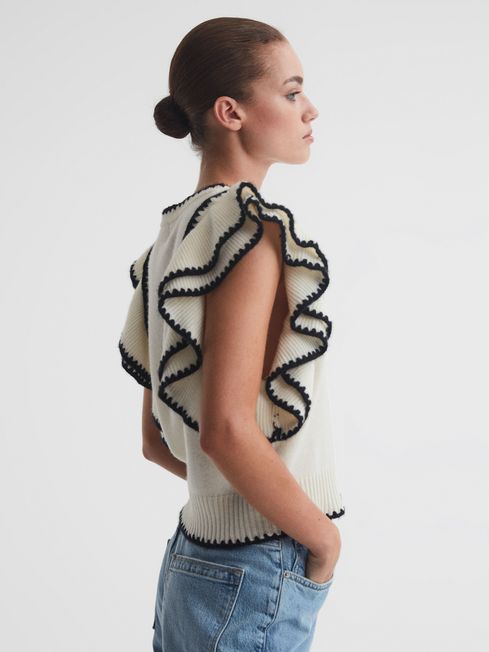
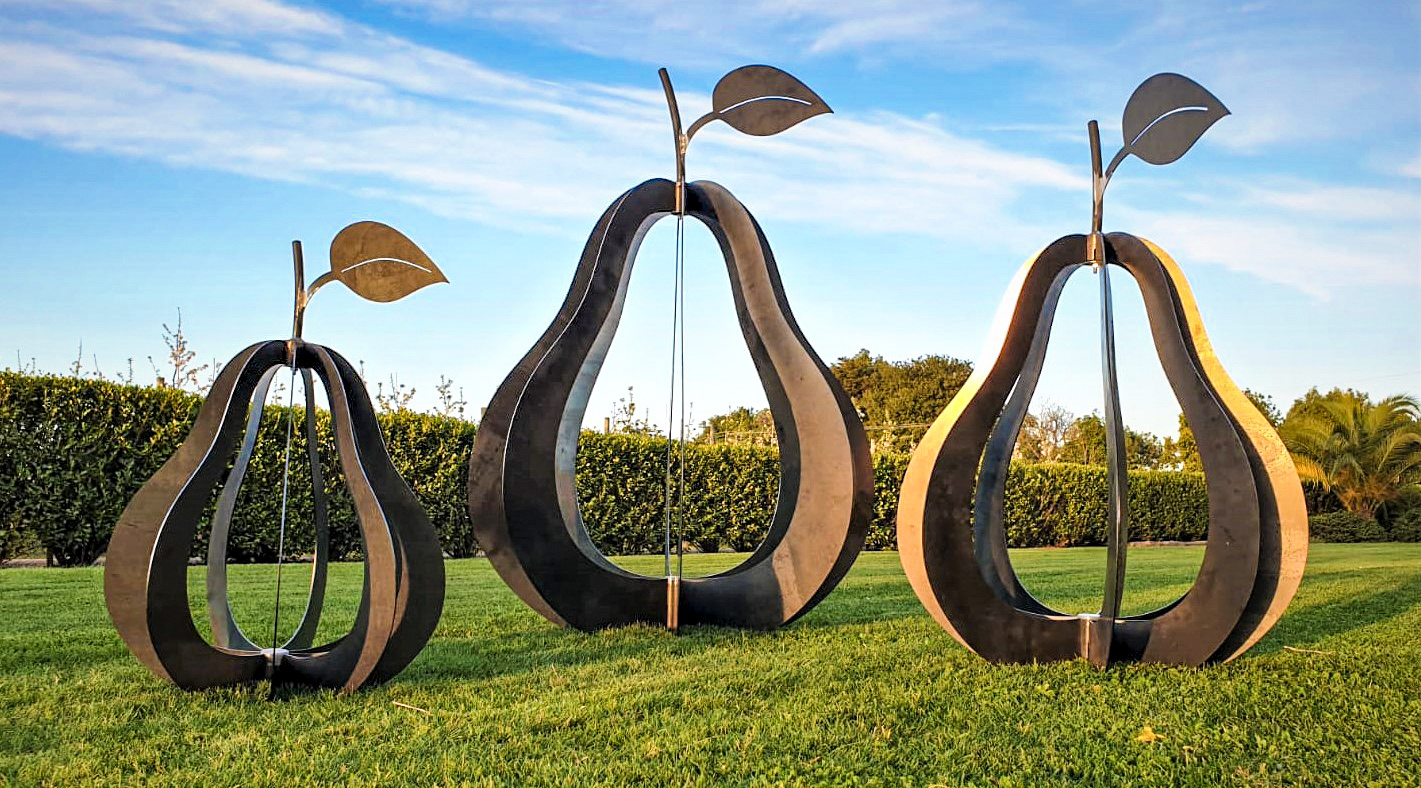

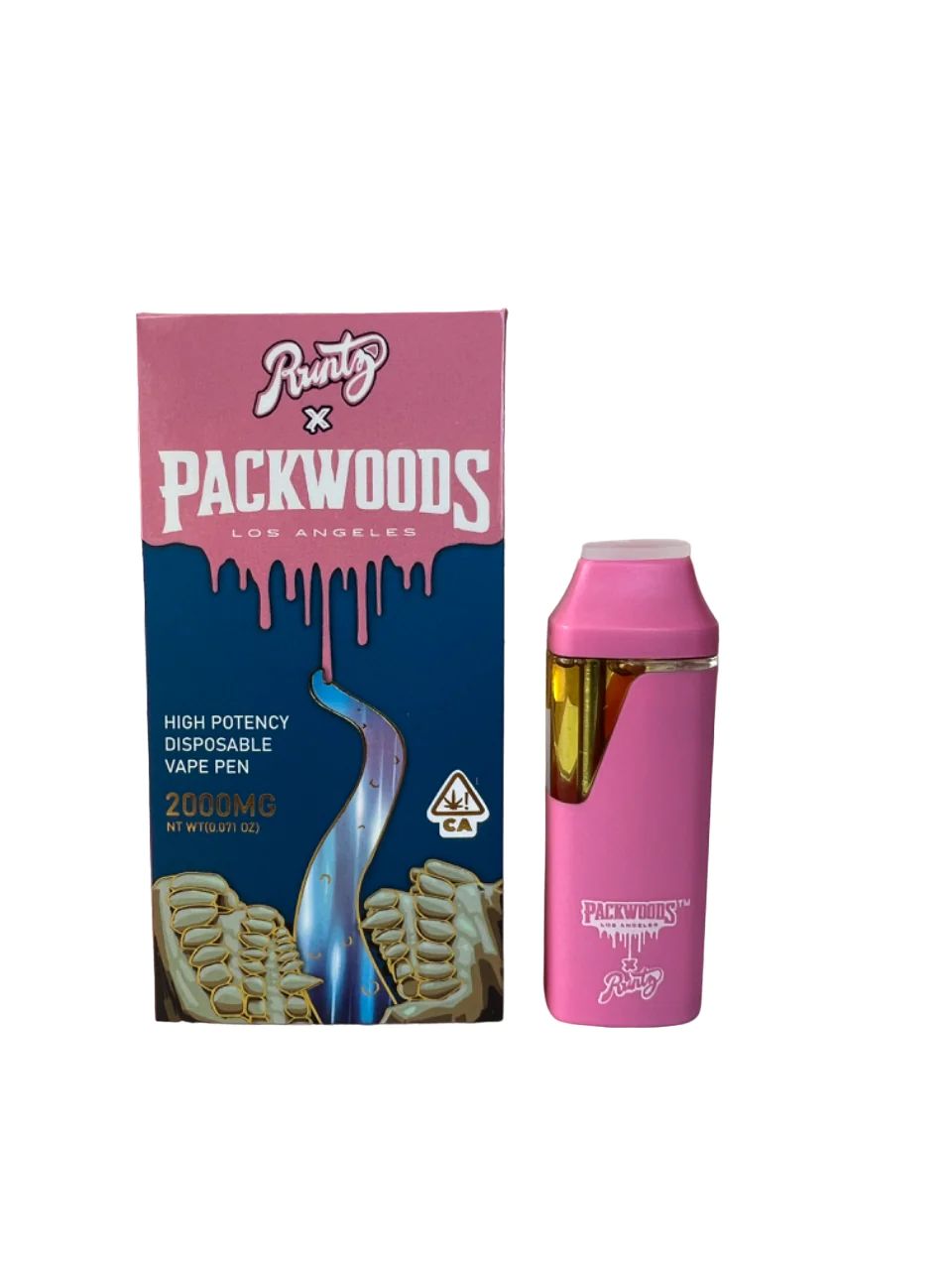


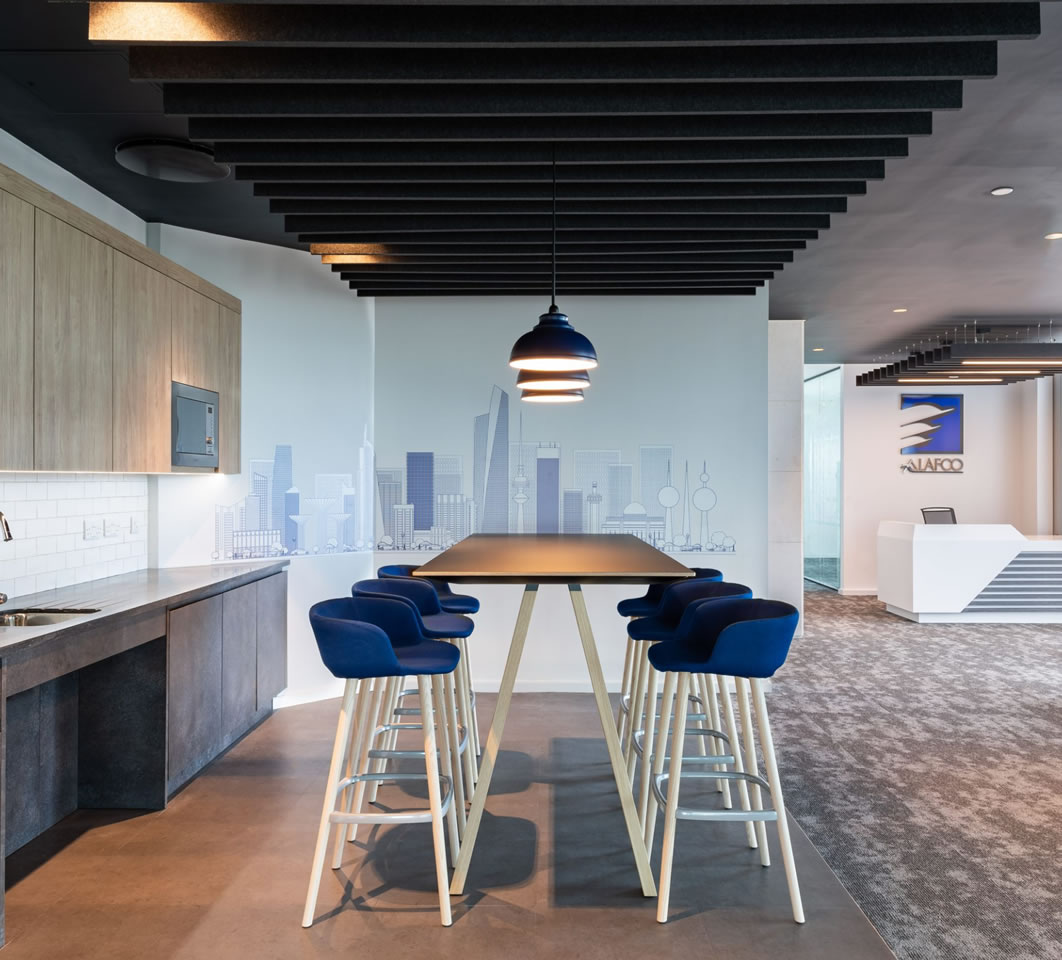 If you fence isn’t exactly 8’ above the noise source will it not be effective? Of course it will, but at the 8’ level you will get the best sound blocking. Let’s talk about constructing your fence. The new redwood or cedar fence will have at least 4” X 4” posts mounted in concrete footings and sunk at least 2 ft into the ground. You will want as stable a foundation as possible for your new sound control fence as you will be adding heavy sound blocking agents to it. Once the posts are set and the concrete has cured, you will then add the fence cross members. These are generally 2“ X 4” beams that connect the posts together and offer extra support for the fence slats. Now once the fence framing is complete, you will then be ready for the soundproofing membrane to be installed. You will have already called the professionals at Soundproofing America and ordered a product called “mass loaded vinyl”. Mass loaded vinyl is a loaded vinyl soundproofing barrier that comes in rolls that are 35’x 4’ or 30’ x 4 ½’. Once you have your rolls of mass loaded vinyl and the acoustical caulk and tape that go with the MLV, you are ready to install the soundproof membrane for your new fence. Your first step is to stretch the MLV along the frame of the fence, you want to make sure the that the MLV extends all the way down to the ground so that the sound does not leak though the bottom of your fence. Once the MLV is stretched across the fence frame, you will staple or nail the MLV to the frame. I recommend that you overlap the MLV by at least ½” and that you will liberally caulk between the overlap with acoustical caulk. You will also want to caulk the outer perimeter of the MLV membrane with the acoustical caulk. The next step is to tape the caulked Seams only with a PVC seam sealer tape that you will also get from www.soundproofingamerica.com along with the acoustical caulk. As soon as the MLV membrane is secured to the fence framing and all the seams and perimeter have been caulked and taped, it is time to slat the fence. You will use 8’ dog eared slats and but the slats as close together as possible, it is also a good idea to caulk the seams of the slats themselves, but this is absolutely not essential. I would also recommend slats to the other side of the fence in an effort to protect the MLV membrane from the elements. This is a common practice, but once again is not essentials for good sound blockage. One final note, some of my customers use a combination of both mass loaded vinyl and America mat closed cell foam as the septum for their sound control fences. By adding the closed cell foam you are adding sound absorption to your fence as well as the best in sound blockage. If you use both of these weather proof products, you will want to leave at least a 1/8” gap between the slats on the side of the fence that faces the noise source. In other words if you are using both America mat and MLV you will need to slat both sides of the fence and leave the gaps on the side facing the traffic for example. These septum fences work great for loud and obnoxious neighbors as well. I hope this give your new hope for having a nice quiet backyard. This is Dr. Bob…..…
If you fence isn’t exactly 8’ above the noise source will it not be effective? Of course it will, but at the 8’ level you will get the best sound blocking. Let’s talk about constructing your fence. The new redwood or cedar fence will have at least 4” X 4” posts mounted in concrete footings and sunk at least 2 ft into the ground. You will want as stable a foundation as possible for your new sound control fence as you will be adding heavy sound blocking agents to it. Once the posts are set and the concrete has cured, you will then add the fence cross members. These are generally 2“ X 4” beams that connect the posts together and offer extra support for the fence slats. Now once the fence framing is complete, you will then be ready for the soundproofing membrane to be installed. You will have already called the professionals at Soundproofing America and ordered a product called “mass loaded vinyl”. Mass loaded vinyl is a loaded vinyl soundproofing barrier that comes in rolls that are 35’x 4’ or 30’ x 4 ½’. Once you have your rolls of mass loaded vinyl and the acoustical caulk and tape that go with the MLV, you are ready to install the soundproof membrane for your new fence. Your first step is to stretch the MLV along the frame of the fence, you want to make sure the that the MLV extends all the way down to the ground so that the sound does not leak though the bottom of your fence. Once the MLV is stretched across the fence frame, you will staple or nail the MLV to the frame. I recommend that you overlap the MLV by at least ½” and that you will liberally caulk between the overlap with acoustical caulk. You will also want to caulk the outer perimeter of the MLV membrane with the acoustical caulk. The next step is to tape the caulked Seams only with a PVC seam sealer tape that you will also get from www.soundproofingamerica.com along with the acoustical caulk. As soon as the MLV membrane is secured to the fence framing and all the seams and perimeter have been caulked and taped, it is time to slat the fence. You will use 8’ dog eared slats and but the slats as close together as possible, it is also a good idea to caulk the seams of the slats themselves, but this is absolutely not essential. I would also recommend slats to the other side of the fence in an effort to protect the MLV membrane from the elements. This is a common practice, but once again is not essentials for good sound blockage. One final note, some of my customers use a combination of both mass loaded vinyl and America mat closed cell foam as the septum for their sound control fences. By adding the closed cell foam you are adding sound absorption to your fence as well as the best in sound blockage. If you use both of these weather proof products, you will want to leave at least a 1/8” gap between the slats on the side of the fence that faces the noise source. In other words if you are using both America mat and MLV you will need to slat both sides of the fence and leave the gaps on the side facing the traffic for example. These septum fences work great for loud and obnoxious neighbors as well. I hope this give your new hope for having a nice quiet backyard. This is Dr. Bob…..… Pain management specialists help patients adopt a multifaceted approach to treat pain. They also teach people how to live with the chronic pain. These treatment
Pain management specialists help patients adopt a multifaceted approach to treat pain. They also teach people how to live with the chronic pain. These treatment 


